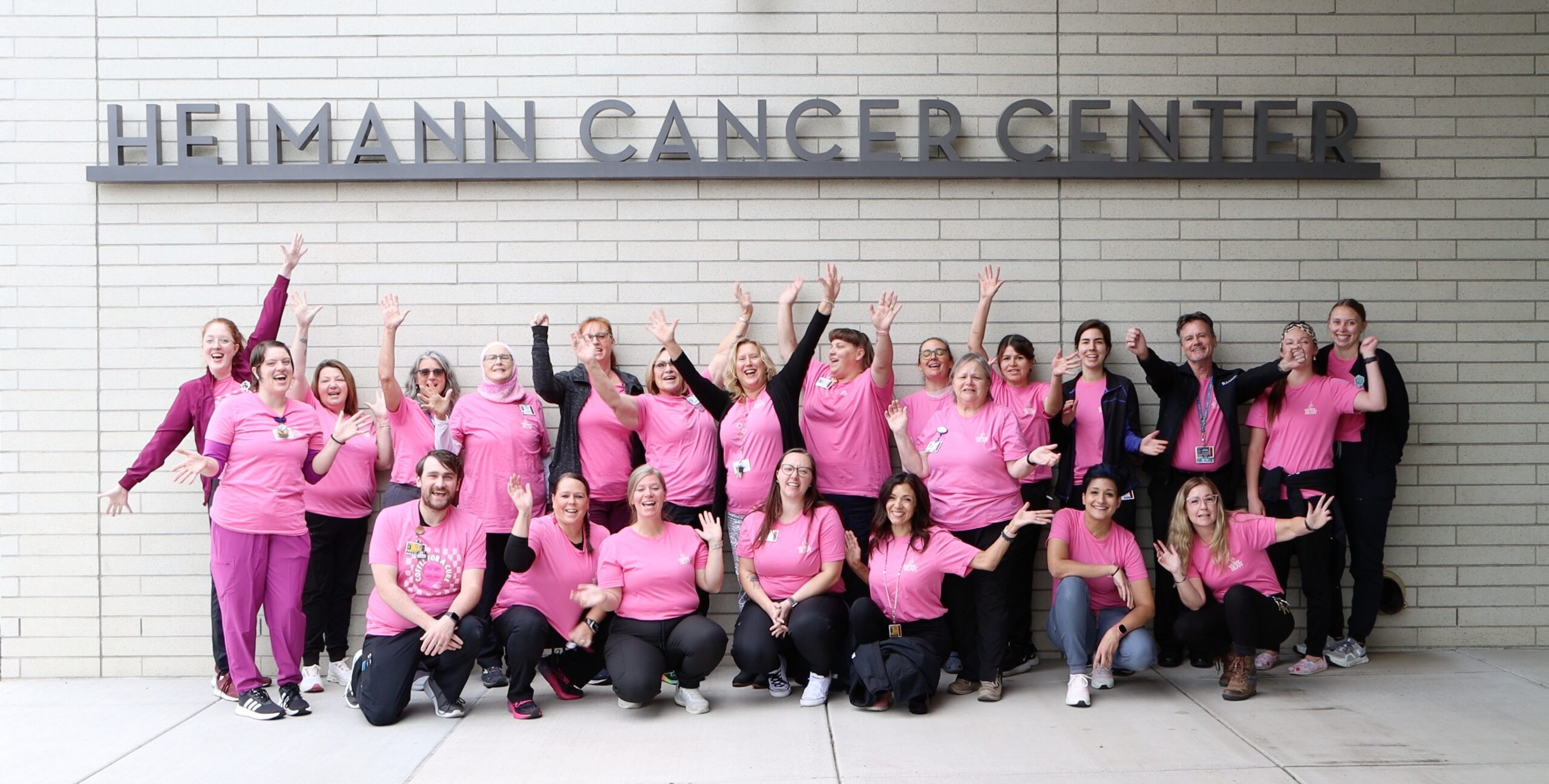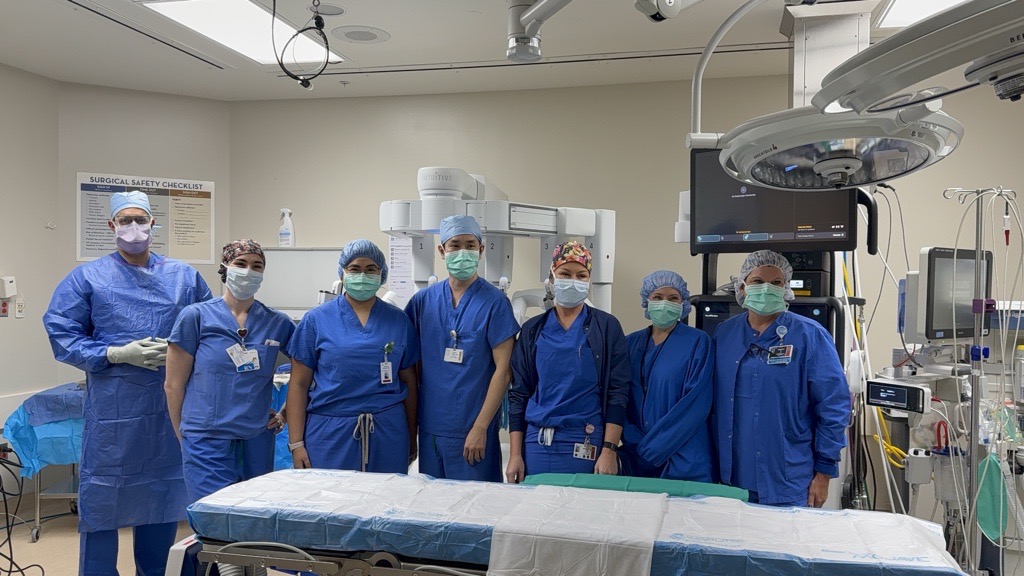Summary
Staying safe in warmer weather for Memorial Day weekend and beyond. OHA offers tips for preventing injury, illness while spending time outdoors.
While higher temperatures offer opportunities for enjoying the outdoors in Oregon, they can also present a variety of health risks. But there are ways people can protect themselves.
With some warmer days expected heading into Memorial Day weekend, public health officials are reminding people about a few simple steps they can take to stay safe and healthy:
Water safety – Many Oregon lakes, rivers, and streams are still extremely cold this time of year, which poses risks including drowning. Avoid swimming in fast-flowing or cold water, and be mindful of sneaker waves by the ocean shore. Make sure young swimmers wear life jackets, and supervise children in and near the water. Learn how to keep safe during water-based activities at:
- https://www.safekids.org/poolsafety.
- https://www.safekids.org/safetytips/field_risks/boating.
- https://www.weather.gov/safety/sneaker-waves.
Beach advisories – Though beaches under a health advisory remain open for recreational activities, contact with ocean water and nearby streams is discouraged due to the high levels of fecal bacteria present. Issued beach advisories can be found at http://healthoregon.org/beach.
Cyanobacterial (harmful algal) blooms – Water that appears foamy, scummy, thick like paint, pea-green, blue-green or brownish red indicates likely harmful algae blooms. Learn how to spot them and prevent exposure at http://healthoregon.org/hab.
Foodborne illness – Cooking foods properly, cleaning hands before eating or handling food and keeping food below 40° or above 140° are just a few small, yet important steps for preventing foodborne diseases: https://www.foodsafety.gov/keep-food-safe/food-safety-by-events-and-seasons#summer.
Heat-related illnesses – When weather is hot, stay cool and safe by drinking water before you are thirsty, planning ahead by regularly checking the temperature and heat index, and learning how to spot and treat heat-related illnesses like heat stroke and heat exhaustion. Find more tips at Oregon.gov/heat.
211 – Communities needing some respite from the heat can call 211 to find a list of available cooling spaces by county, or by visiting the 211info website: https://www.211info.org/.
Workplaces and heat safety – Employees can better understand their rights and responsibilities in the workplace, while employers are encouraged to refresh their knowledge of safety and health rules around the dangers of extreme heat. Employers can do so, and find free help on implementing them – with no fault, citations or penalties – at this page: https://osha.oregon.gov/news/notices/Pages/heat-illness.aspx.
Mosquito and tick-borne diseases – Using insect repellents containing DEET, oil of lemon eucalyptus or Picardin, and wearing long clothes can keep biting mosquitos and ticks at bay. More tips and resources are available at https://www.oregon.gov/westnilevirus and cdc.gov/ticks/.
This blog post was brought to you by the Oregon Health Authority (OHA) and the Oregon Department of Human Services (DHS). For more information on their programs and services, please visit their official websites:









